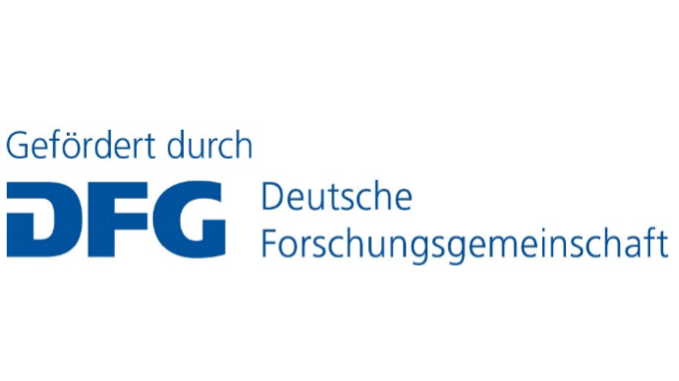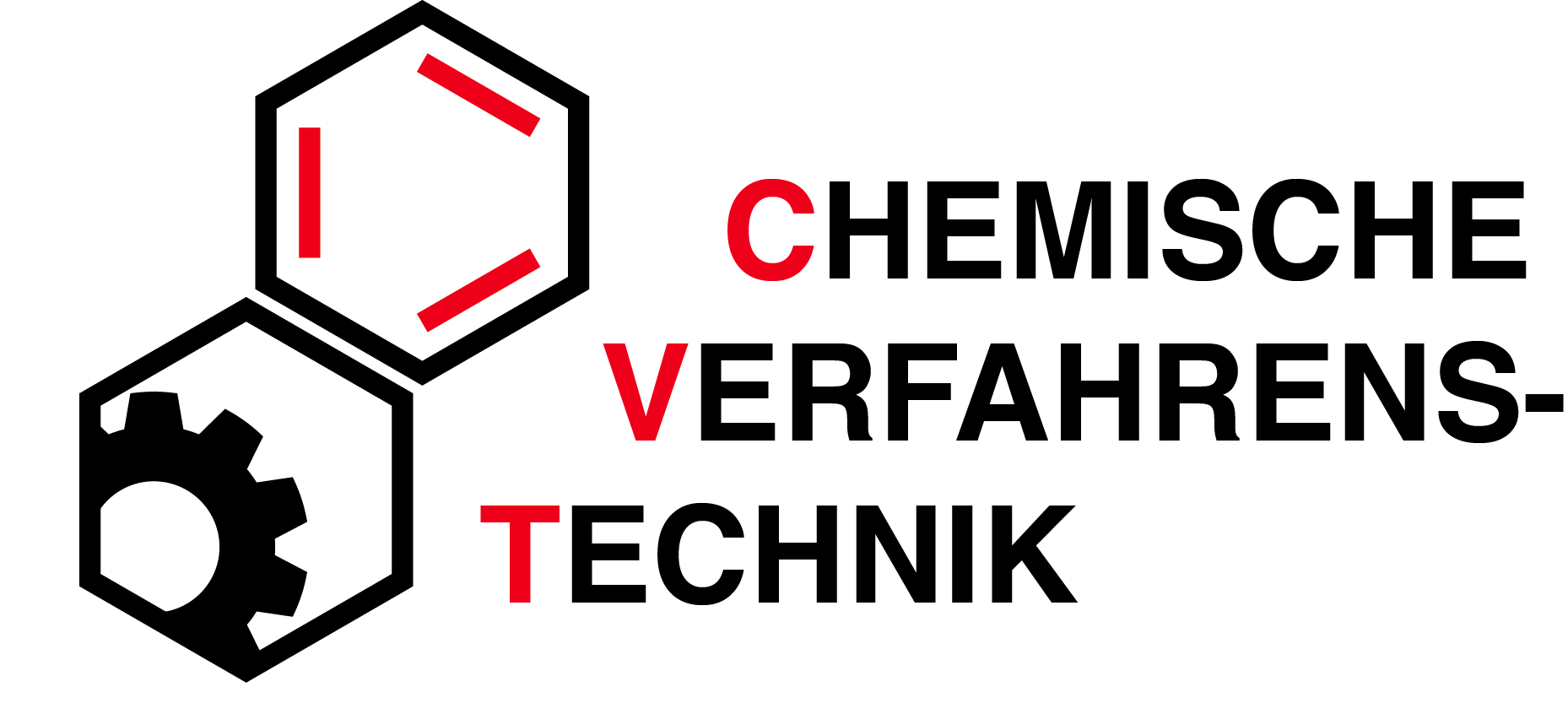Extraterrestrial fabrication of metal alloys leads to sustainability on Earth.

The plan to establish a colony on Mars, with the huge demand for construction materials and oxygen as life support, could only be plausible through the advancement of in situ processes. The top loose layer of soil on Mars (regolith), composed of various metal oxides, could be a reach resource in this respect.
The concept is to develop a process for electrowinning metals and production of oxygen as by-product without neither emission of greenhouse gasses nor usage of fossil fuels, coke or carbon in any stages, which could bring sustainability to Earth in addition to its use in space exploration. The drawbacks of the typical processes being used for purifying reactive metals such as the high energy consumption, low efficiency and massive pollution make the introduction of sustainable green processes inevitable.
For this purpose, deoxidation electrolysis cells could be proposed, operating at temperatures around 900 ℃ (far below the melting point of regolith) and using an oxygen-ion conductor molten salt as electrolyte. The idea is to apply a voltage from an inert anode to the cathode, where the pellets of regolith act as cathode and are reduced to the pure metals in the solid phase. The expelled oxygen ions will afterwards be diffused toward the anode. Therefore, developing a stable inert anode which leads to production of oxygen is itself of a vital importance. The operating parameters including the polarization regimes, reduction times and temperatures as well as various other factors such as the porosity, microstructure and shape of the samples, the electrolyte composition as well as the possibility of near-net-shape metallurgy will be investigated in this work.
This research being conducted by our research group is part of the APF Initiative “Materials on Demand”, which aims to study various areas such as fabrication of metal alloys using electrochemical as well as biomining methods and also protection from and exploitation of solar radiation by introducing ceramic/polymer composite materials with tailored properties. The project is funded by German Research Foundation (DFG).
Contact:
Fayaz, Reza
Raum UFT 2070
Tel. 0421 - 218 - 63322
rfayazprotect me ?!uni-bremenprotect me ?!.de
Further information
APF Initiative "Materials on Demand"


